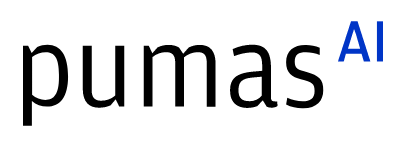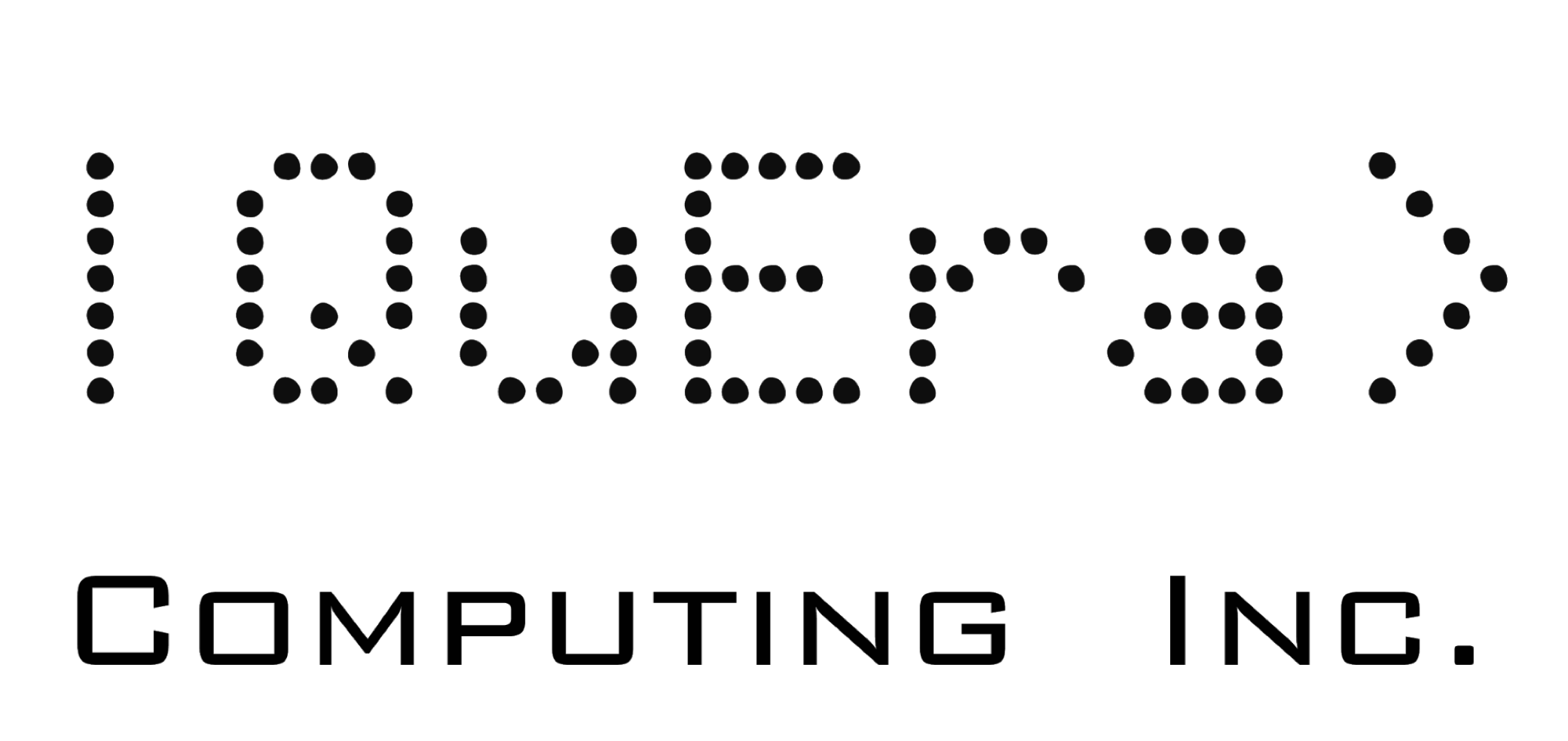Samuel Omlin
Computational Scientist and responsible for Julia computing at the Swiss National Supercomputing Centre (CSCS), ETH Zurich
Talks:
13:00 UTC
Teaching GPU computing, experiences from our Master-level course
In the Fall Semester 2021 at ETH Zurich, we designed and taught a new course: Solving PDEs in parallel on GPUs with Julia. We present technical and teaching experiences we gained: we look at our tech-stack CUDA.jl, ParallelStencils.jl and ImplictGlobalGrid.jl for GPU-computing; and Franklin.jl, Literate.jl, IJulia.jl/Jupyter for web, slides, and exercises. We look into the crash-course in Julia, teaching software-engineering (git, CI) and project-based student evaluations.
13:40 UTC
GPU4GEO - Frontier GPU multi-physics solvers in Julia
The accelerating outflow of ice in Antarctica or Greenland due to a warming climate or the geodynamic processes shaping the Earth share common computational challenges: extreme-scale high-performance computing (HPC) which requires the next-generation of numerical models, parallel solvers and supercomputers. We here present a fresh approach to modern HPC and share our experience running Julia on thousands of graphical processing units (GPUs).
15:20 UTC
High-performance xPU Stencil Computations in Julia
We present an efficient approach for writing architecture-agnostic parallel high-performance stencil computations in Julia. Powerful metaprogramming, costless abstractions and multiple dispatch enable writing a single code that is usable for both productive prototyping on a single CPU and for production runs on GPU or CPU workstations or supercomputers. Performance similar to CUDA C is achievable, which is typically a large improvement over reachable performance with CUDA.jl Array programming.
15:30 UTC
Distributed Parallelization of xPU Stencil Computations in Julia
We present a straightforward approach for distributed parallelization of stencil-based Julia applications on a regular staggered grid using GPUs and CPUs. The approach allows to leverage remote direct memory access and was shown to enable close to ideal weak scaling of real-world applications on thousands of GPUs. The communication performed can be easily hidden behind computation.
12:30 UTC
A Fresh Approach to Open Source Voice Assistant Development
We present JustSayIt.jl, a software and high-level API for offline, low latency and secure translation of human speech to computer commands or text, leveraging the Vosk Speech Recognition Toolkit. The API includes an unprecedented, highly generic extension to the Julia programming language, which allows to declare arguments in standard function definitions to be obtainable by voice. As a result, it empowers any programmer to quickly write new commands that take arguments from human voice.
Platinum sponsors



Gold sponsors


Silver sponsors








Media partners



Community partners


Fiscal Sponsor
